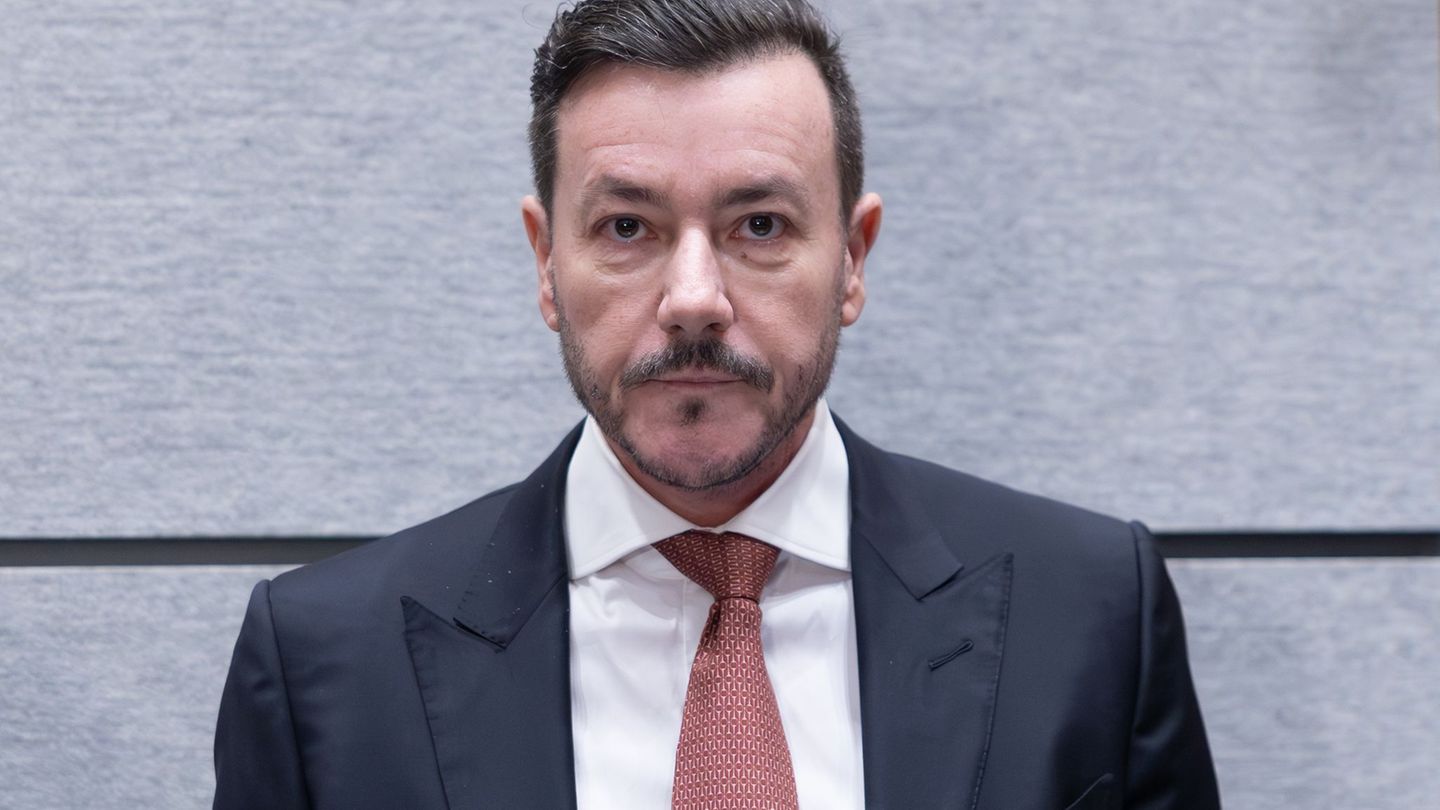Ultimately it happened faster than expected. The ministries’ budgets for 2024 are available. But the budget holders don’t want to put a line under the federal budget until next week.
The Bundestag Budget Committee has decided on numerous changes to Finance Minister Christian Lindner’s draft budget. The cleanup session, which began at midday on Thursday, lasted until early morning at around 4:20 a.m.
However, a final decision in the committee is still pending. Because many questions remain unanswered after the Federal Constitutional Court’s ruling, experts will be heard on Tuesday. The cleanup meeting is scheduled to formally end next Thursday.
Only then will information be available about how much new debt the federal government will take on in the coming year and how much money will be spent overall. The Bundestag should then finally pass the draft budget in the week of its session from November 27th to December 1st.
Constitutional Court ruling brings uncertainty
It is still completely unclear how much of the draft budget still needs to be adjusted by then. The Constitutional Court’s ruling could have much more far-reaching consequences than is apparent at first glance. On Wednesday, Germany’s highest court declared a reallocation of 60 billion euros in the 2021 budget to be null and void. These loans were approved to deal with the Corona crisis, but were then moved to a special fund for climate protection and the modernization of the economy. Now the billions are not available.
The federal government is currently examining whether the ruling will have even more far-reaching consequences for other debt-financed special funds. As a precaution, the householders therefore also want to block the economic stabilization fund, from which, among other things, the energy price brakes are paid. The opposition Union does not consider it serious to decide on a budget under these circumstances – and therefore did not submit a single substantive amendment to the committee.
The head housekeepers of the traffic light coalition criticized this sharply. “Unfortunately, the Union refused to cooperate tonight,” they said after the end of the meeting. “First she tried to cancel the meeting and then she didn’t submit a single amendment to the federal budget,” complained Dennis Rohde (SPD), Sven-Christian Kindler (Greens) and Otto Fricke (FDP). They called on the Union to “deal responsibly with the judgment and its consequences instead of stopping work in Parliament.”
The timetable for the budget decision should continue to apply
The traffic light coalition does not see the core budget for the coming year, i.e. the budgets of the individual ministries, being affected by the ruling. The federal budget should therefore still be decided on December 1st.
To achieve this, the housekeepers made a number of changes during the night. Among other things, funding for humanitarian aid abroad was increased. Compared to the government’s plans, there should be 700 million euros more. According to left-wing MP Victor Perli, there is still significantly less money available than this year.
Funding for integration courses and advisory services for immigrants was also increased. Instead of the originally planned 880 million euros, 1.06 billion euros were budgeted. The budget holders also made 80 million euros more available for voluntary services.
Parental allowance reform is coming gradually
Lindner had submitted an austerity budget to parliament because he wants to comply with the debt brake – and sees himself obliged to do so by the Basic Law. After a long struggle with his ministerial colleagues, in which Chancellor Olaf Scholz (SPD) also got involved, he brought the draft to the cabinet late. Priorities are defense and climate protection. In many other departments there are even cuts compared to the previous year.
The Family Ministry announced a highly controversial cap on parental allowances for high-income earners. This is now less radical. The income limit up to which parental allowance is paid should not fall suddenly, but gradually. Nothing should change until the end of March. After that, the limit falls to 200,000 euros of taxable annual income. From April 2025, an income limit of 175,000 euros will apply.
Family Minister Lisa Paus (Greens) initially suggested that parental allowance should only be paid out to parents who, alone or together, have no more than 150,000 euros in taxable annual income. The current limit is 250,000 euros for single parents and 300,000 for couples. What has now also changed is that parents can only receive parental allowance for one month at the same time. At least one of the partner months must be taken alone. This must also happen within the child’s first year of life.
Plus for Ukraine aid and reduction in electricity tax
Lindner’s ministry itself had made other changes: in the template for the committee meeting, military aid for Ukraine was doubled to eight billion euros. In addition, after the traffic light agreement on a relief package, around 1.3 billion euros more subsidies were planned for electricity-intensive companies.
However, the reduction in electricity tax for the manufacturing sector, which was also decided to provide relief, will be more expensive than expected. The traffic light coalition expects costs of 3.25 billion euros for 2024 and 2025. This emerges from a draft of the budget financing law, which is available to the German Press Agency. When the concept was presented, government circles said it would cost 2.75 billion euros.
Source: Stern
I have been working in the news industry for over 6 years, first as a reporter and now as an editor. I have covered politics extensively, and my work has appeared in major newspapers and online news outlets around the world. In addition to my writing, I also contribute regularly to 24 Hours World.




